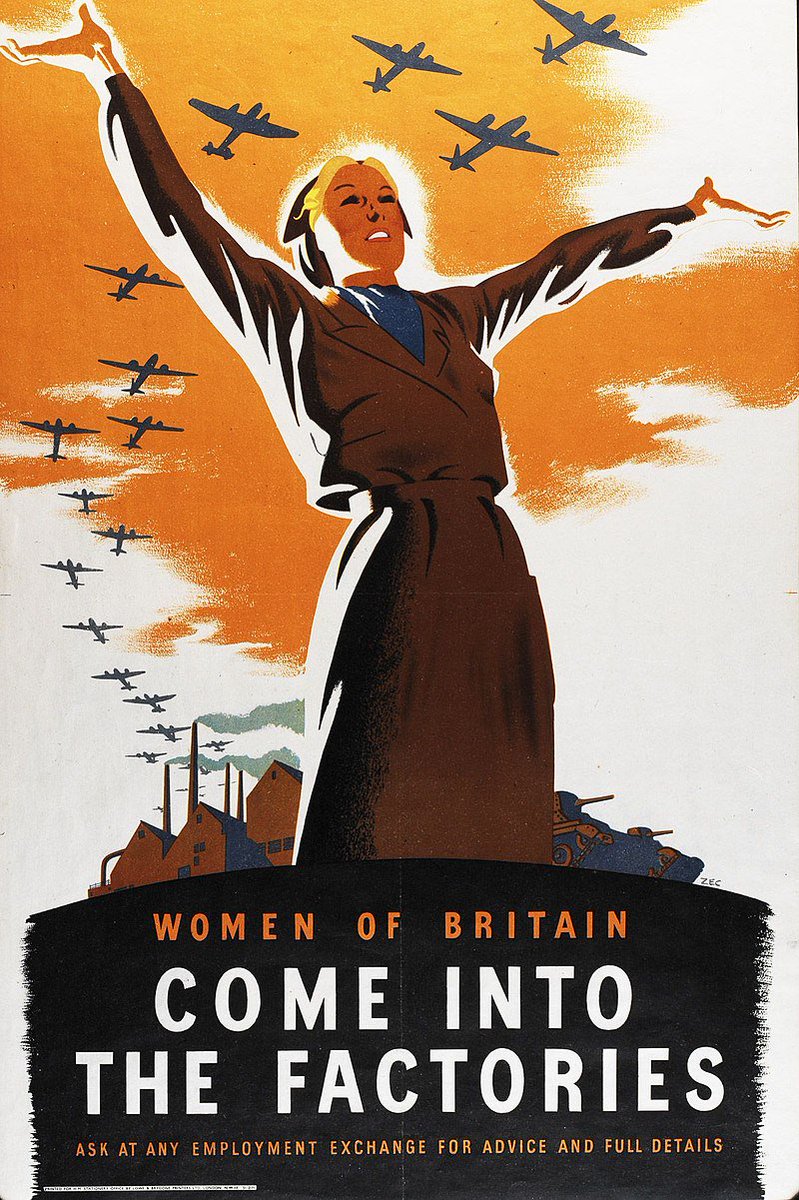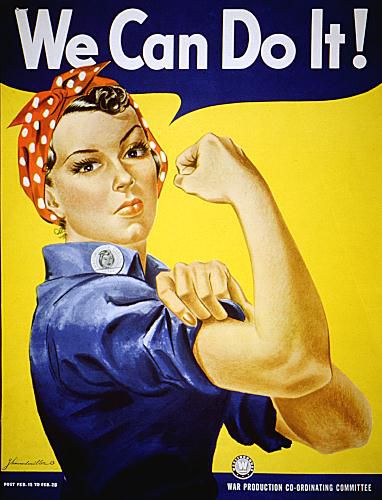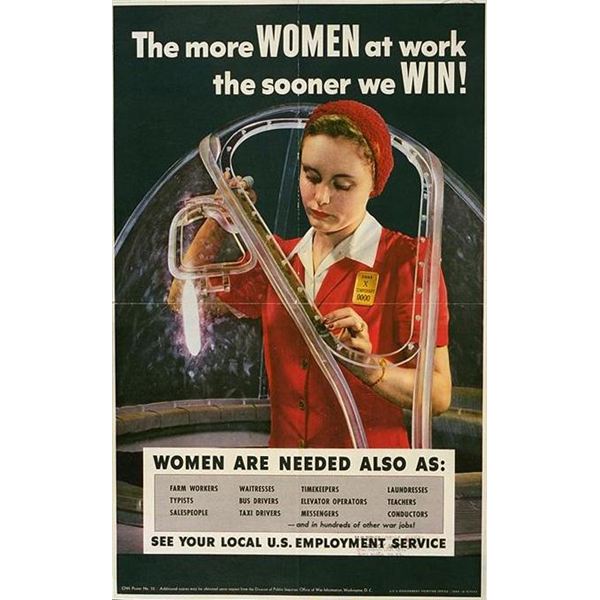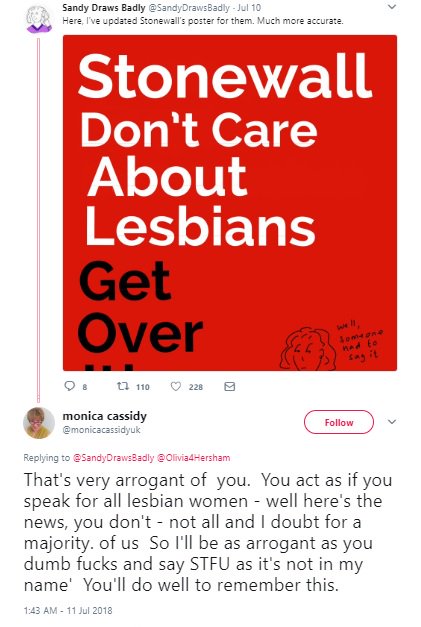Which is exactly the lie that feminists tell.
Being *allowed* - not *forced* - to stay at home is a privilege. Historically only some women had that privilege. Men were *forced* - not *allowed* - to go to work to support women.
It's the difference between employment and slavery.
Between sex and rape.
Between imprisonment and accommodation.
draft - men being forced to fight is cast as men being 'allowed' to fight.
gender roles - men being forced to support women under threat of imprisonment = men being 'allowed' to work
Or slaves are privileged because they are "allowed to work".
Or conscripted men are privileged because they are "allowed to fight".
Oh wait, that last one is real
Some citations in screen-shots to save space. (thread)
A 2007 survey by the employment web site Monster.Com found that 70 percent of fathers would be a stay at home parent if money were no object.
(1)

(2)
Only 10 percent of British part-time female workers surveyed expressed an interest in working full time [Stockman, Women's Work in East and West, p. 200.]
(3)
(4)

(5)
L. Staines, "Men and Women in Role Relationships," in Ashmore and Del Boca, eds., The Social Psychology of Female-Male Relationships, p. 228.
(6)

In early agricultural societies women worked by grinding grain for as much as 5 hours a day to make flour, in addition to tilling soil and harvesting crops by hand.
cam.ac.uk/research/news/…
(7)
(8)

A study of 1,350 working-class households from the early 19th Century Britain suggests that the husbands’ proportion of family earning was as low as 55 percent.
(9)

(same citation)
(10)
(11)

[Horrell and Humphries, "The Origins and Expansion of the Male Breadwinner Family," p. 48]
(12)
(13)
(14)
[Haines, Life Cycle, Savings, Demographic Adaptation, p. 49, table 3.1.]
By 1887, 3/4 of female workers in German cities were under 25 years old. 96 % of them were single.
(15)

(16)


theguardian.com/commentisfree/…
(17)
(18)
(19)
(20)
(21)

theguardian.com/commentisfree/…
(22)
women had been "made miserable by the [war work]" and "fervently wished themselves back into their prewar home routine."
(23)

Men were not given the choice.
en.wikipedia.org/wiki/Bevin_Boys
(24)




The way this is implemented is by forcing men to support women, and take sole responsibility to support children. For most men this means having to work.
(25)
[Marylin Arthur, "'Liberated' Women: The Classical Era," in Bridenthal and Koonz, eds., Becoming Visible, p. 75.]
(26)
[Grubbs, Law and Family in Late Antiquity, p. 146.]
(27)

In practice nowadays it is enforced by the woman divorcing and claiming support.
[Gillis, For Better, for Worse, p. 199]
(31)
[Gillis, For Better, for Worse, pp. 209, 251]
Men could, and were, imprisoned for not paying their wives debts.
(32)

And similarly elsewhere. (33)


(34)
(35)
[United Nations Development Program, Human Development Report, 1995, table 4.2.]
Both sexes want to stay at home with the children.
Historically only men have been forced to work outside the home to support their partners.
Being denied a choice is not 'privilege'.
Being given a choice is not 'oppression'.
(end)






